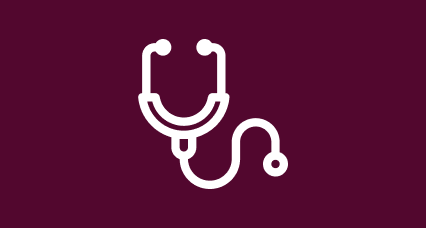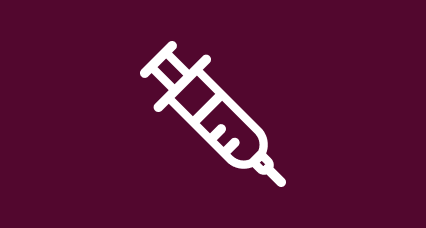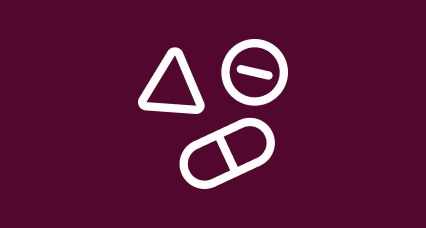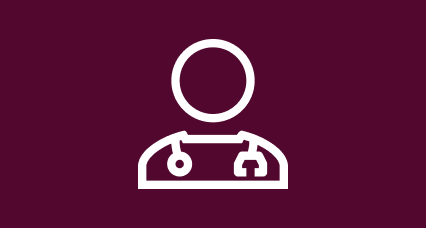Myelodysplastic syndromes (MDS) treatment and side effects
Your doctor may recommend treatment to cure the MDS, or to slow it's progress and control the symptoms so you can live well. Treatment can sometimes cause side effects, but there are things that can help.

Your treatment plan
Read about how your hospital team will plan your treatment and who will be involved in your care.
Planning MDS treatment

Intensive treatment
Intensive treatment aims to get rid of the MDS completely, but can be tough on the body so it's not suitable for everyone.
Intensive treatment for MDS

Non-intensive treatment
Non-intensive treatment aims to control the MDS as much as possible, without causing too many side effects.
Non-intensive treatment

Treating your symptoms
Most people with MDS have treatment to help manage the symptoms of MDS. These treatments are called supportive care.
Supportive care

Treatment side effects
MDS treatment can cause side effects. Not everyone gets side effects, but if you do there are things that can help.
Side effects

Clinical trials
Some people with MDS have treatment as part of a clinical trial. Read more about clinical trials and how we can help you find one.
Clinical Trials Support Service
This information has been accredited with the PIF TICK, the UK's only quality mark for trusted health information.
Many thanks to consultant haematologists Dr Daniel Wiseman and Dr Pramila Krishnamurthy for checking the medical accuracy of our MDS information.
